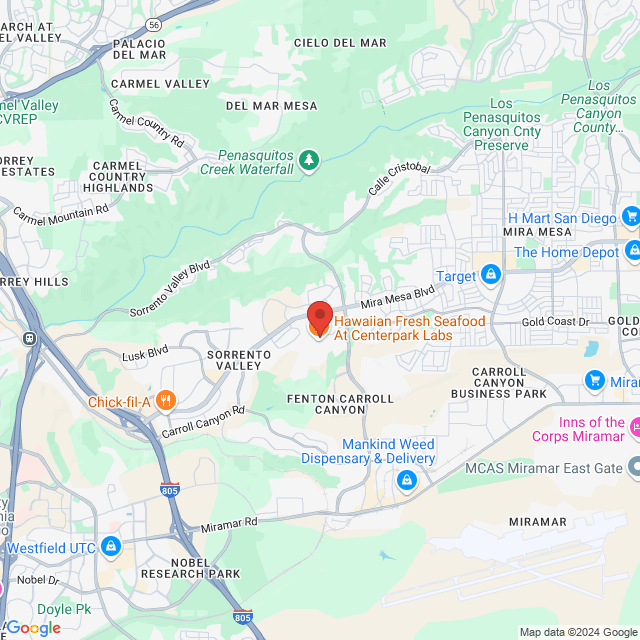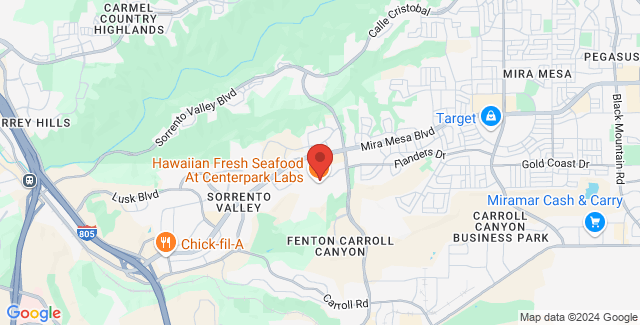Credit Card Fraud
Credit card fraud is the intentional procurement of goods, services, or monies with a stolen, lost, cancelled, or counterfeit credit card. Credit card fraud is one of the most frequently committed types of white collar crime. It is perpetrated by individuals as well as crime rings.
Credit card fraud is an ever-growing problem. Statistics reported by the National White Collar Crime Center illustrate this. In 1980, Visa and MasterCard reported $110 million in losses due to fraud; by 1995, losses had skyrocketed to over $1.6 billion per year. Most cases of fraud occur in the United States, where almost three-quarters of credit cards are issued. California reports the most credit card fraud.

Credit Card Fraud Crimes
There is no one formula for credit card fraud. There are multiple methods by which criminals can obtain the information they need to perpetrate credit card fraud. They may use purse or wallet theft, computer and Internet fraud, fake telemarketing offers, postal theft, online directories, or discarded bank statements to get a person’s information. Card skimmers, which criminals have been known to place at gas station pumps, can record personal and pin information during credit card transactions. In some cases, a store employee may memorize or make copies of a person’s credit card during a normal transaction. There have even been instances of workers at the major credit bureaus stealing or selling credit card information.
Once a credit card con artist has adequate information, there are several avenues credit card fraud may take.
Credit Card Fraud and the Internet
The Internet has made it easier for criminals to use a person’s credit card information to make purchases. Online transactions do not require a new credit card to be counterfeited or false identification created. Transactions occur quickly and do not necessitate personal interaction.
Credit Card Fraud and Cash Advancements
Credit card thieves often use advance payment schemes to make money quickly. Using a bad check, a credit card thief overpays the balance on the credit card. The thief can then take out a cash advance from the credit that appears on the account before the check bounces.
Credit Card Fraud and Counterfeiting
According to the National White Collar Crime Center, counterfeiting credit cards is the most rapidly growing type of credit card fraud. Counterfeiters use advanced technology to create fake cards that look extremely realistic. New technology, for example, allows counterfeiters to create replicas of the hologram images used by Visa and MasterCard. Even the information-containing magnetic strips on the backs of credit cards are easily reproduced.
Credit Card Fraud Prevention
Despite efforts by the Federal Trade Commission (FTC), credit bureaus, credit card companies, businesses, and individuals, credit card fraud is not entirely preventable. The diversity of methods used by criminals to obtain the information and technology needed to commit credit card fraud has made the problem impossible to eradicate thus far. Still, consumers and businesses can take several steps to decrease their chances of being victimized.
Advice for Consumers
The FTC has issued advice to consumers to help them reduce their chances of being credit card fraud victims. Here are some of the tips they offer:
- Tear up credit card offers that come in the mail
- Shred bank and credit card statements before throwing them away
- Void checks and receipts that contain errors
- Check your monthly statements for mistakes or unauthorized activity
- Never give out your account number over the phone unless you placed the call and know the person on the other end of the line is reputable
- Sign your credit cards
- Keep credit cards in a separate holder or compartment from your wallet
- If you lose your card, contact your credit card company immediately
- Report billing mistakes or unauthorized activity to your credit card company right away
These steps do not guarantee that you will be safe from credit card fraud, but they can reduce your risk.
Advice for Businesses
Credit card companies provide businesses with some tools for limiting credit card fraud. Since the early 1980s, credit cards have contained holograms as a form of differentiating real cards from counterfeit ones. Although today this technology can be faked, not all novice con artists have access to it. Another more recent innovation was recently introduced by Visa, specifically for online purchases. “Verified by Visa” is a program that requires consumers to input a password before using their Visa card to make a purchase online. For added security, the password is kept with the bank that provides the credit card rather than with the site host.
Businesses can also take their own steps to prevent fraud. Online vendors may employ cardholder recognition software or double check the validity of a transaction by sending a confirmation email to the cardholder. Online, telephone, and in-store sellers should also be aware of credit card fraud ‘red flags.’ Large orders, rush delivery, recent address changes, P.O. delivery addresses, and other details may be legitimate or may indicate fraud. Such customer requests should at least raise a seller’s level of alertness. In addition, retailers should ask for identification whenever a customer makes a purchase with a signed credit card.
Contact an Attorney
If you have been accused of committing credit card fraud, a criminal defense attorney may be able to help you with your case.
Related to Credit Card Fraud




